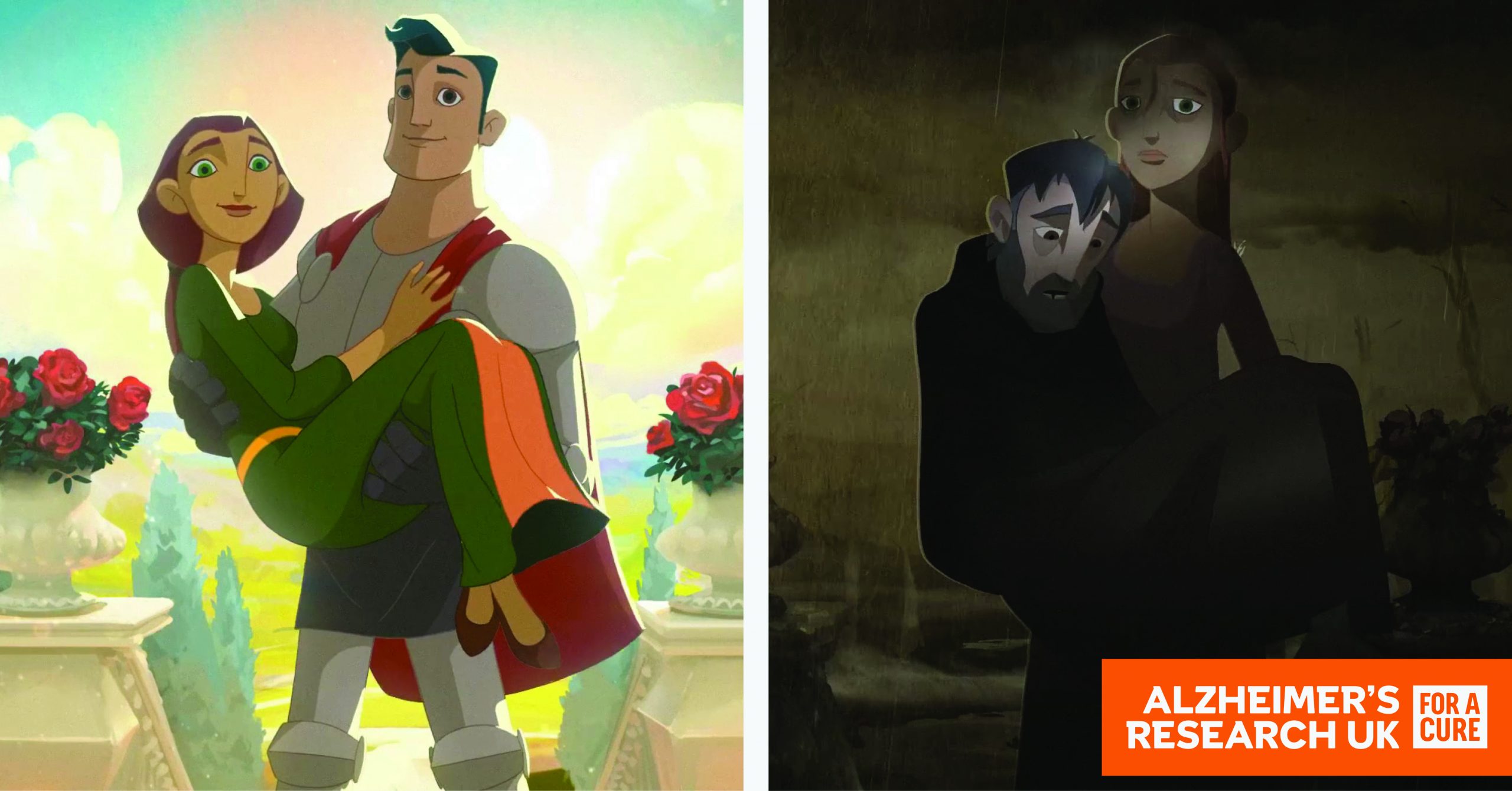- Saturday, December 21, 2024
Alzheimer’s Research has produced this film, premiering on World Alzheimer’s Day, September (21), with the aim of highlighting the pressing necessity to discover a dementia cure

By: Kimberly Rodrigues
In a recent survey conducted by Alzheimer’s Research UK, it was found that less than half of the British public (49%) could identify memory loss as an effect of dementia, and over a fifth (22%) admitted to having no understanding of how dementia impacts people.
This startling lack of awareness is highlighted in the UK’s leading dementia research charity’s new campaign film, “Change The Ending,” narrated by Oscar-winning actress Olivia Colman.
The animation vividly illustrates how dementia deprives individuals of their ‘happily ever after,’ aiming to increase awareness of the profound impact of this condition. Its purpose is to inspire support for the charity’s quest to discover a cure.
Dementia can cause a range of distressing symptoms, including memory loss, personality changes, communication difficulties, hallucinations, incontinence, and the need for assistance with everyday tasks like eating and bathing, a press release from the charity informed.
Despite nearly one million people in the UK living with dementia, there is a concerning lack of knowledge about its effects.
The survey, conducted by YouGov and commissioned by Alzheimer’s Research UK, comprising 2,162 people revealed that only 12% recognised that dementia leads to a loss of independence while 21% were aware it causes trouble with managing daily tasks.
A mere 11% were aware of its impact on personal relationships; 5% understood its effect on communication. Only 4% recognised its role in loss of body and motor control, and 2% acknowledged its influence on managing finances.
The emotional campaign film, (part animation, part live-action) created in partnership with creative agency Above & Beyond, tells the story of a prince and princess whose fairytale life is shattered when the prince develops dementia.
It vividly portrays the various effects of dementia, including forgetfulness, the inability to perform everyday tasks, fearfulness, paranoia, loss of mobility, and the need for care.
Alzheimer’s Research UK has produced this film, premiering on World Alzheimer’s Day, September (21), with the aim of highlighting the pressing necessity to discover a dementia cure.
Despite significant advancements in dementia research, especially with the introduction of new Alzheimer’s drugs like lecanemab and donanemab in recent months, the charity emphasises that enhancing public awareness is crucial to accelerate progress.
Actress Colman, who has personal experience with dementia’s impact, expressed her support for the campaign.
She said, “The work Alzheimer’s Research UK does is so important, and I was proud to lend my voice to this campaign – it lays bare the realities of dementia in such a powerful and thought-provoking way. I was holding back tears narrating the film as dementia destroys people’s ‘happily ever afters’, and we must do everything we can to end the pain and distress it causes. I’d urge everyone to join me and get behind Alzheimer’s Research UK to help drive them towards a cure.”
In addition to the Change The Ending campaign, the charity has released a new film featuring supporter Frank Littleford and his wife, Alison. Frank was diagnosed with Alzheimer’s in 2020, and the film illustrates the impact of dementia on their lives.
Frank’s involvement in dementia research gives them hope for the future.
Frank said, “By raising this vital awareness, I hope it will help inspire others to support Alzheimer’s Research UK. This charity is at the heart of the efforts to find a cure, and the breakthroughs their researchers make are going to be vital in ensuring people don’t have to go through what me, Alison and our family are going through.”
Hilary Evans, chief executive of Alzheimer’s Research UK, emphasised the urgency of the campaign and the need for increased awareness. She said, “While we’re making great strides in dementia research, and new treatments are on the horizon, there is still much more work needed to save people from dementia.”
The charity, at the forefront of dementia research since 1992, is dedicated to revolutionising the treatment, diagnosis, and prevention of dementia.
Researchers supported by the charity have achieved over 4,500 breakthroughs in dementia research, some of which have paved the path for the experimental therapies currently undergoing clinical trials.
Their 10-year plan, “Alzheimer’s Research UK: Towards A Cure,” outlines their vision to change the course of dementia by 2033 through research and action.